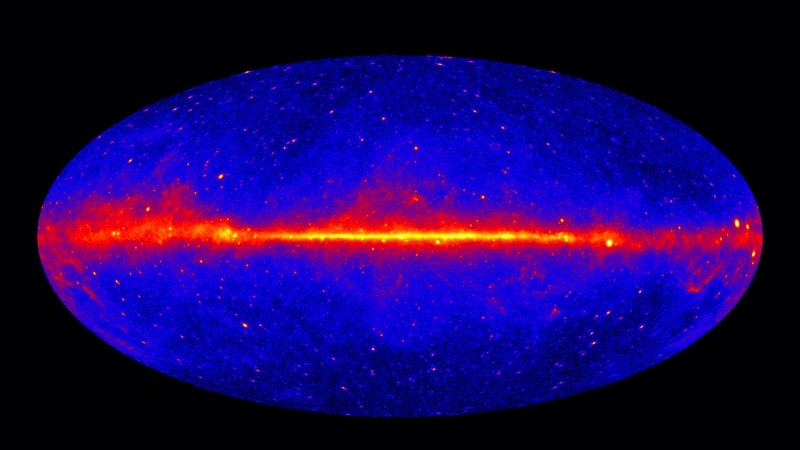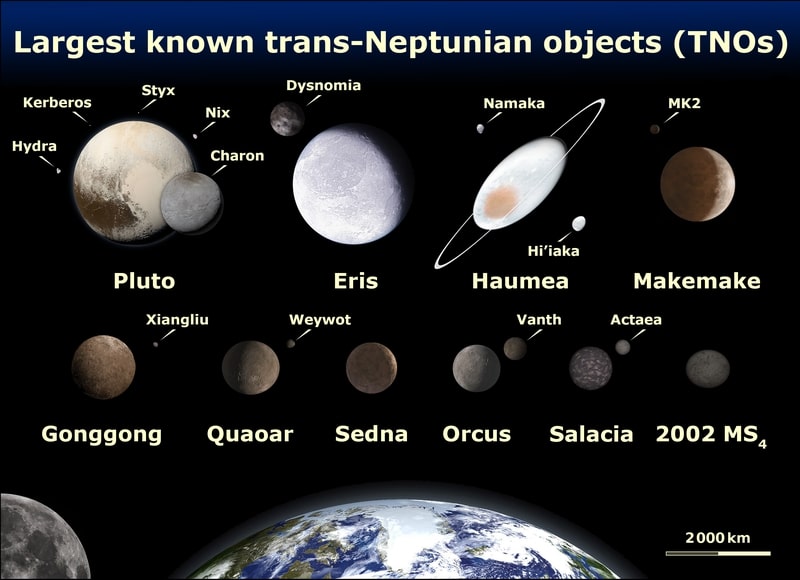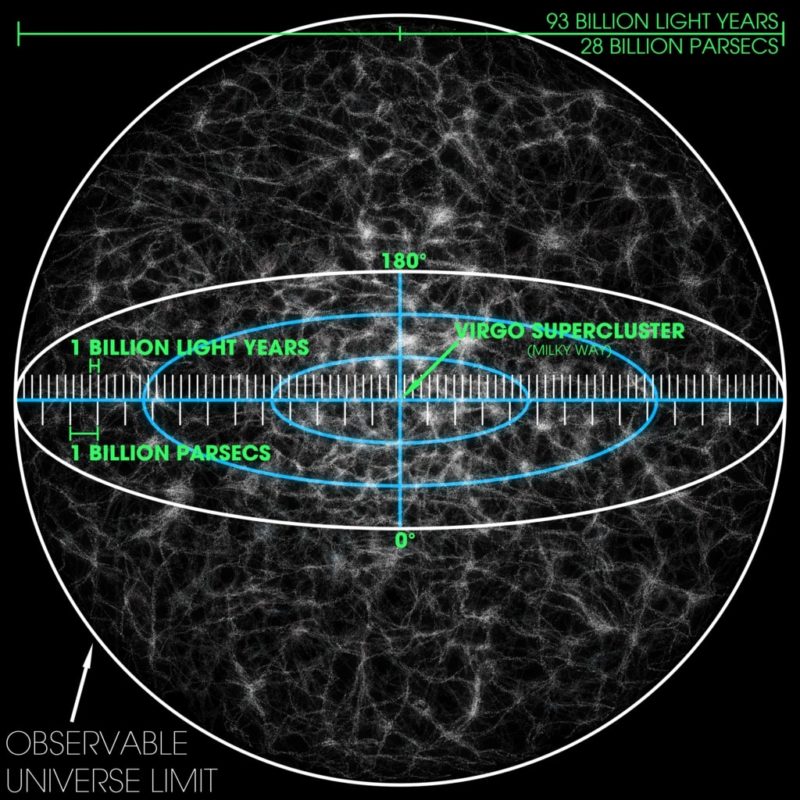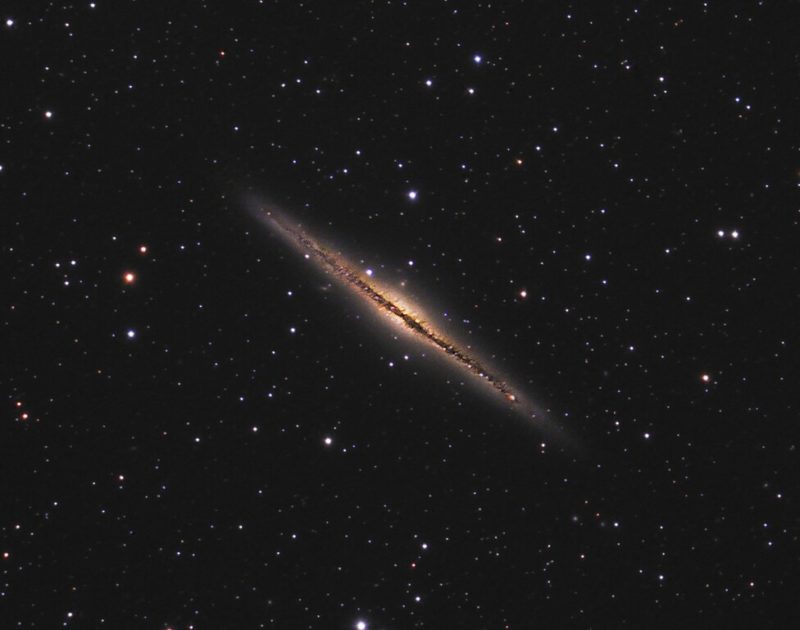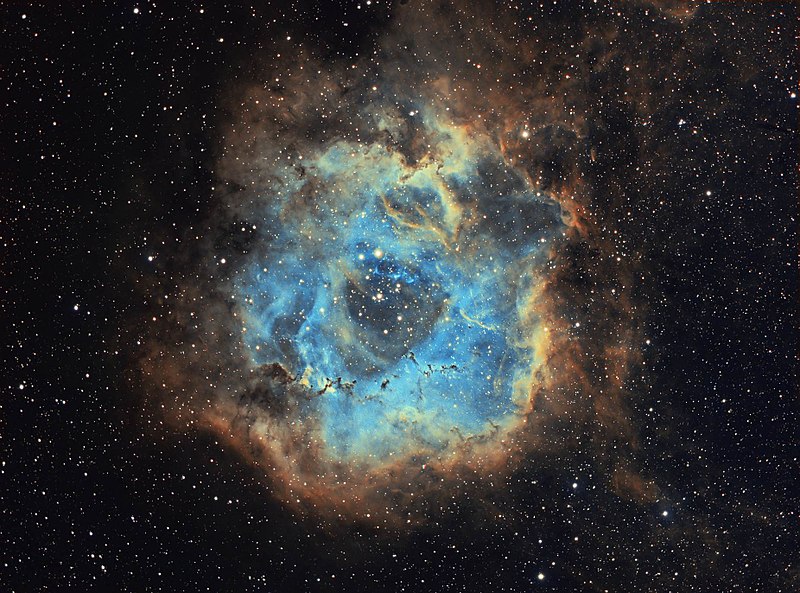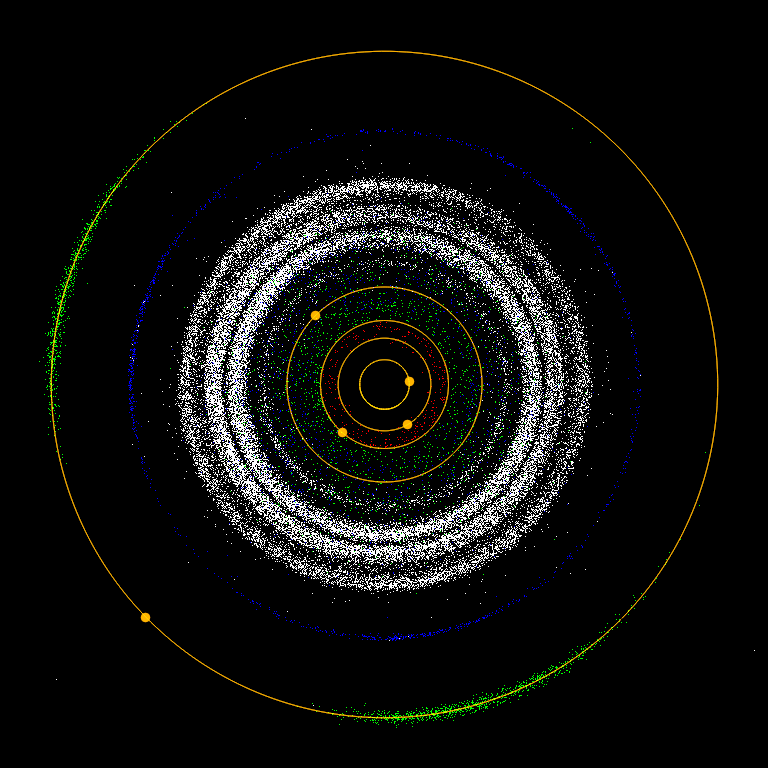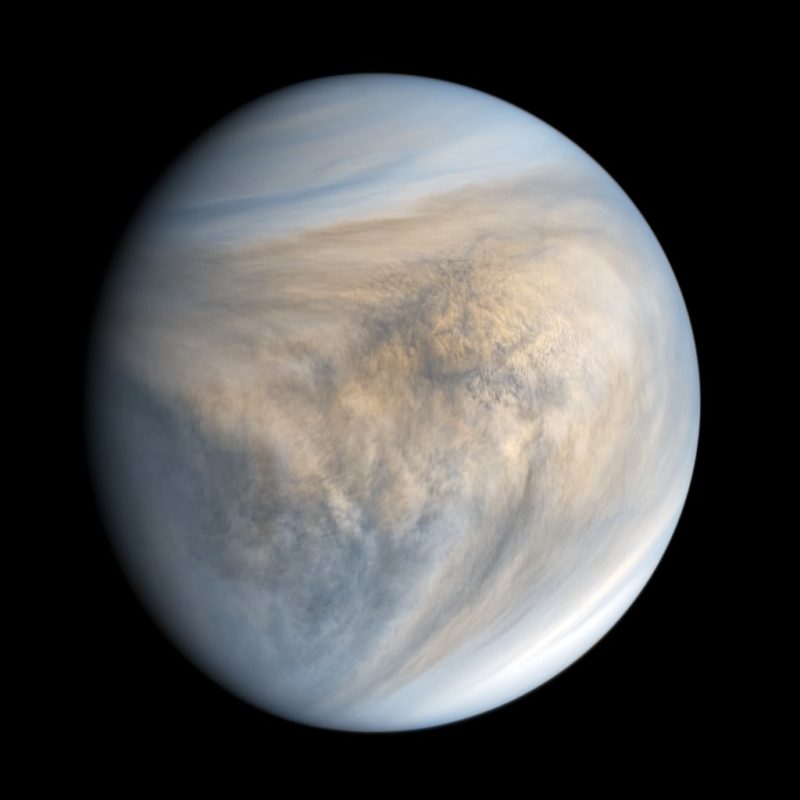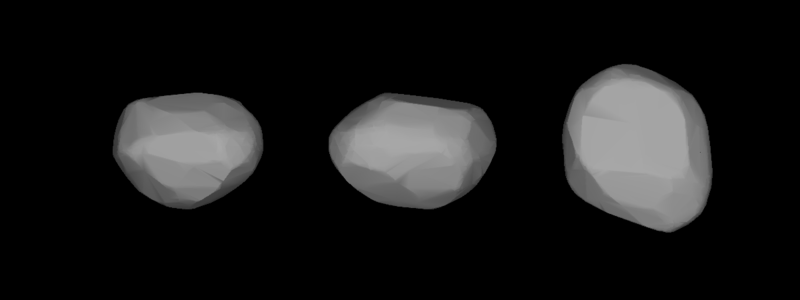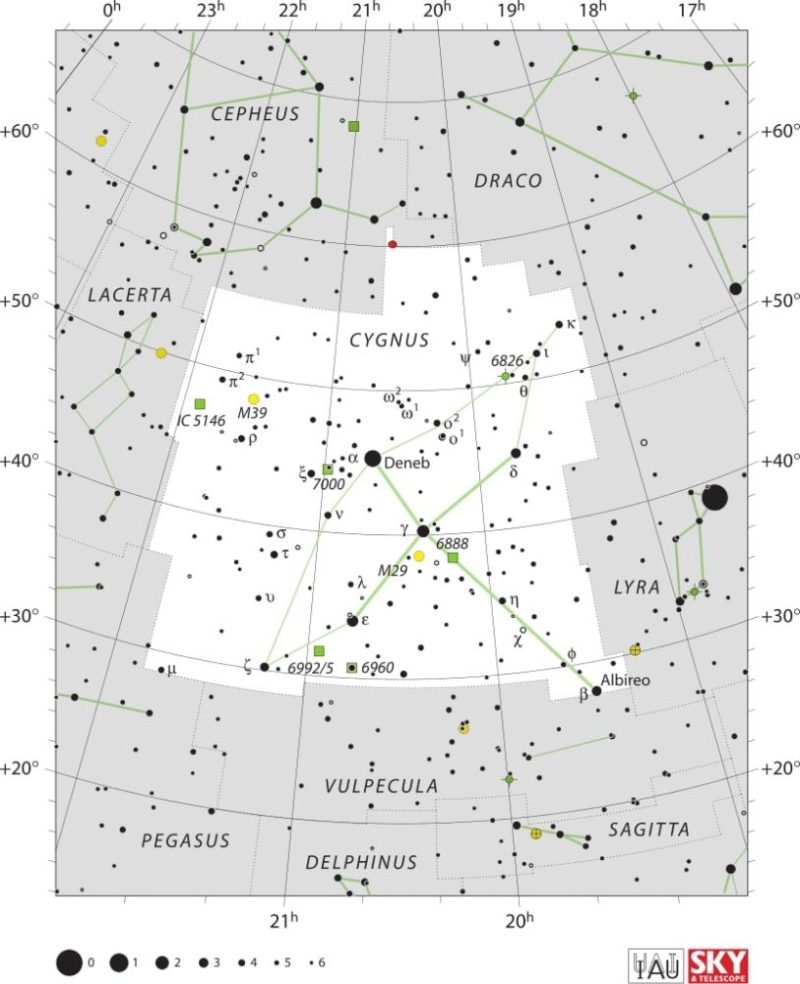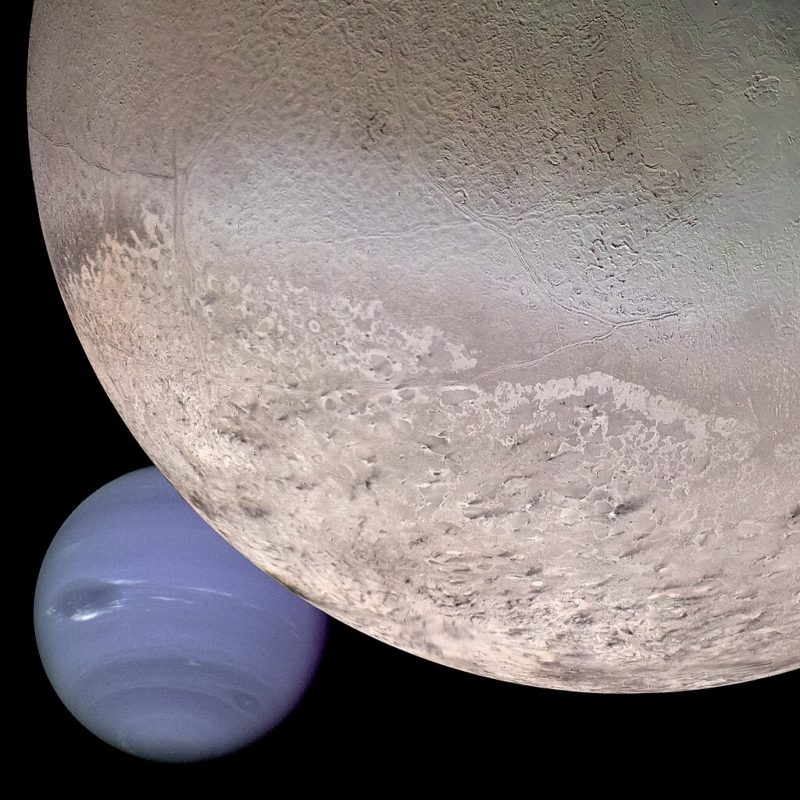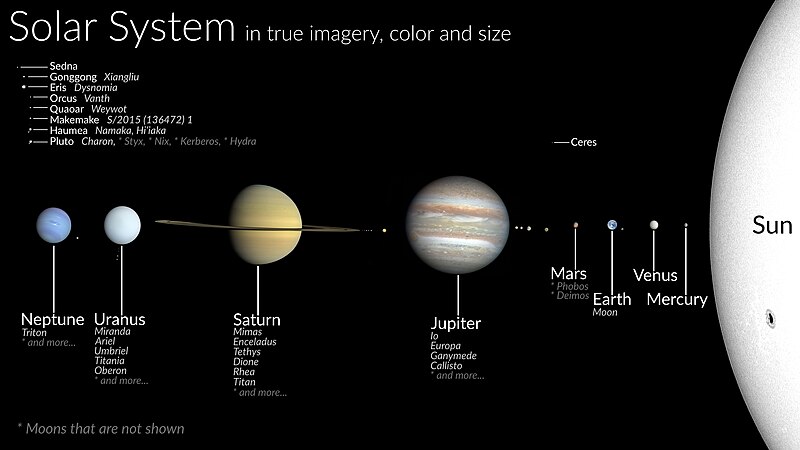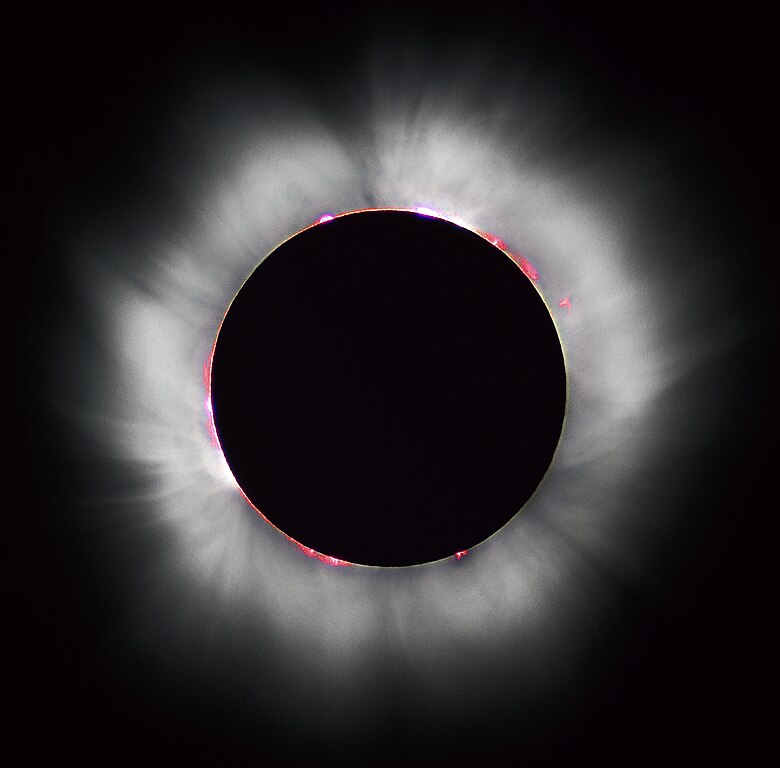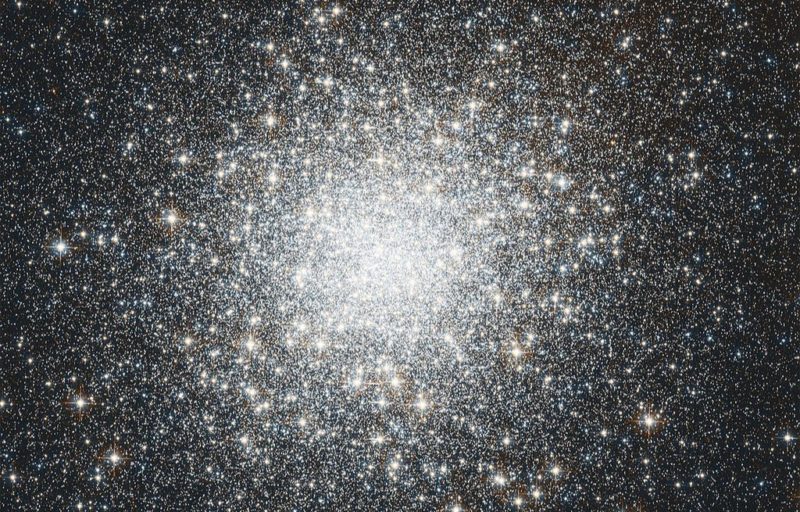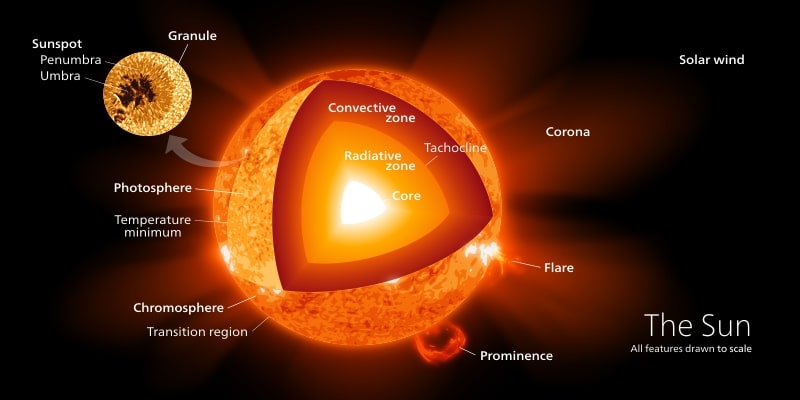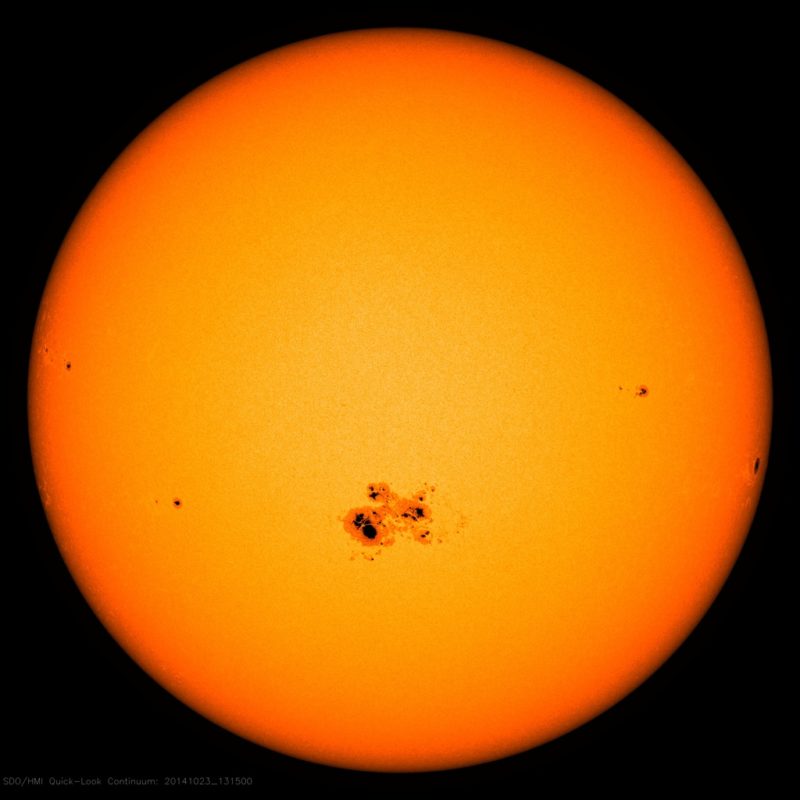Science
Explore fascinating discoveries, breakthroughs and insights across all fields of science. Stay informed with the latest research, innovations and scientific trends!
What Is the Extragalactic Background Light and Why Does It Matter?
The extragalactic background light reveals the universe’s history, galaxy evolution, and cosmic structure, offering clues to our place in the cosmos.
Trans-Neptunian Objects: Wonders of Our Solar System’s Periphery
Discover the types of trans-Neptunian objects, from the Kuiper Belt to the Oort Cloud, and their role in our solar system’s formation and evolution.
What Is the Hubble Volume?
Explore the enigmatic Hubble Volume and its role in defining cosmic boundaries. Discover its expanding realm within our observable universe.
NGC 891: A Close-Up Look at the Silver Sliver Galaxy
NGC 891, the Silver Sliver Galaxy, in Andromeda, captivates astronomers due to its edge-on spiral structure, revealing mysteries worth exploring.
Light Pollution Solutions
Explore light pollution solutions to help amateur astronomers reduce skyglow and enjoy clearer, darker night skies from home or remote locations.
Unveiling the Majestic Beauty of the Rosette Nebula
The Rosette Nebula in Monoceros is a vast star-forming region, famed for its brilliant colors, intricate filaments, and awe-inspiring cosmic beauty.
Where Are Most Asteroids Found?
Asteroids, fascinating celestial objects, are primarily found in the Main Asteroid Belt between Mars and Jupiter, as well as near-Earth and Trojan orbits.
Why Is Venus the Hottest Planet?
Discover why Venus, not Mercury, is the hottest planet in our solar system. Uncover the factors that contribute to Venus's extreme temperature.
The Fascinating World of Asteroid 511 Davida
Discover the intriguing asteroid 511 Davida. Explore its origin, characteristics, and the significance it holds for our understanding of the cosmos.
Kappa Cygnid Meteor Shower Viewing Guide
Discover how to watch the kappa cygnid meteor shower this August. Get tips for spotting these faint, slow meteors under dark, clear skies.
Stargazing Calendar for August 2025
Explore top celestial events for stargazing in August 2025, featuring asteroids, planets, and meteor showers to brighten your astronomy experience.
Why Do We Think Triton Is a Captured Moon?
Triton's orbit and composition suggest it's a captured moon, revealing clues about moon formation and the solar system's dynamic history.
What Separates the Inner and Outer Solar System?
Explore what separates the inner and outer solar system, from rocky planets to gas giants. Uncover their unique features and ongoing exploration.
What Heats the Chromosphere and Corona to High Temperatures?
Discover how the Sun heats the chromosphere and corona to high temperatures through nanoflares, Alfvén waves, and other dynamic solar processes.
Why Are Star Clusters Ideal Laboratories for Stellar Evolution?
Star clusters are ideal laboratories for stellar evolution, helping scientists observe how stars change over time due to shared age and composition.
How Are Astronomers Able to Explore the Layers of the Sun Below the Photosphere?
Astronomers use helioseismology, spectroscopy, magnetic field studies, and space missions to explore the Sun's layers beneath the photosphere.
Why Does Titan Have a Dense Atmosphere?
Discover why Titan has a dense atmosphere. Learn how its unique composition, gravity, and Saturn's magnetic influence shape this moon's atmosphere.
What Practical Value Did Astronomy Offer to Ancient Civilizations
Explore how ancient civilizations used astronomy practically. From navigation to calendars, stars shaped daily life. Learn from the Mayans & Greeks.
How To Make Shipping Container Structures More Sustainable
Transform shipping containers into sustainable spaces with insulation, renewable energy, and water-saving systems for eco-friendly functionality.
How Is the Sunspot Cycle Directly Relevant to Us Here on Earth?
Learn how the sunspot cycle is directly relevant to us here on Earth, influencing power grids, satellites, communication, and even airline routes.

